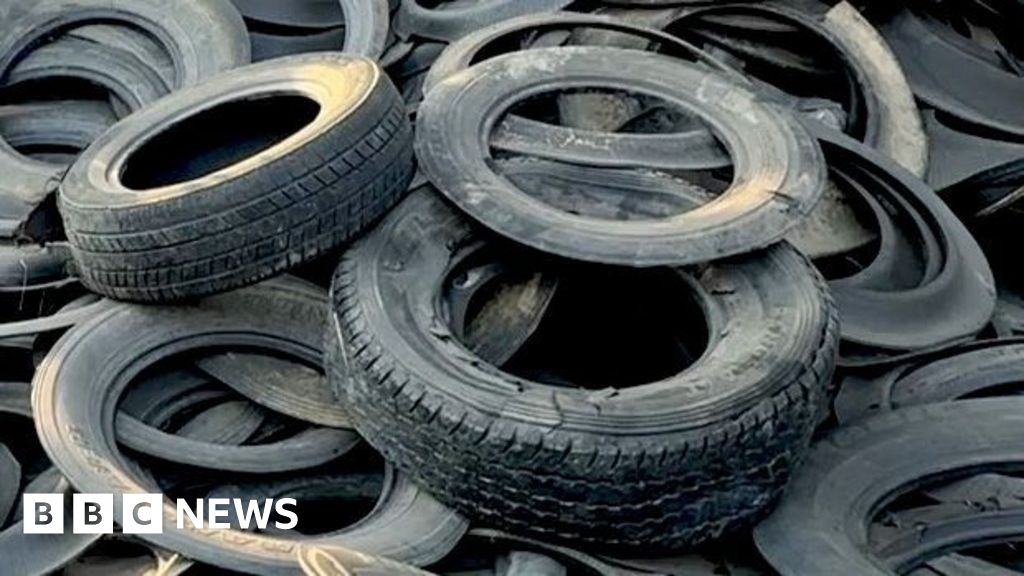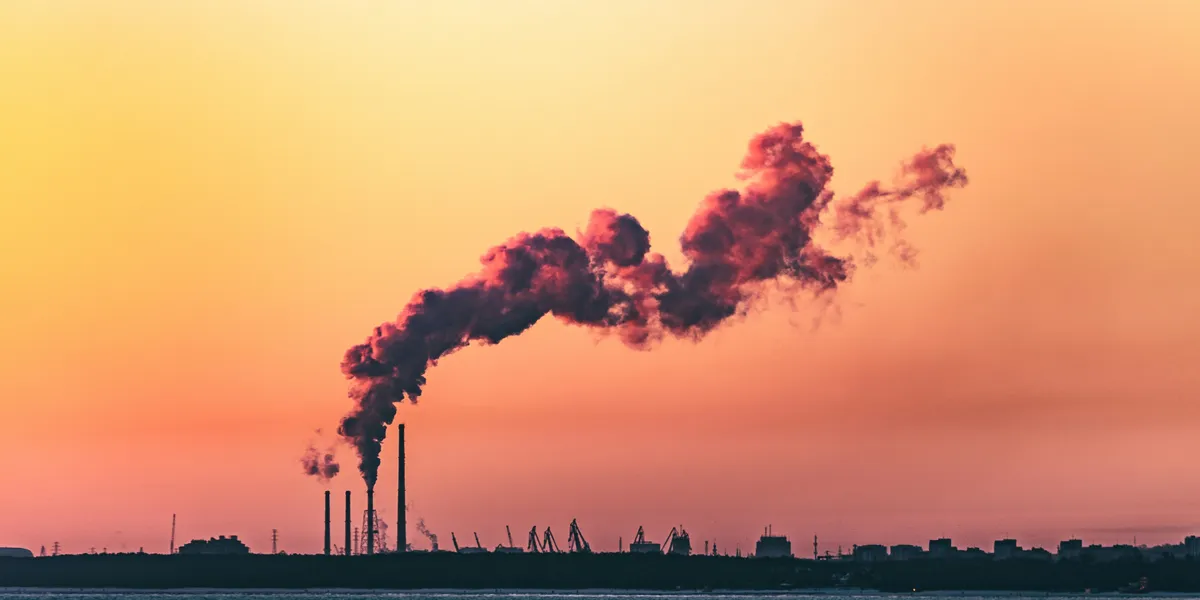Toxic Exports Exposed: How British Waste Tyres Fuel India's Burning Crisis
Environment
2025-04-02 05:06:13Content

The Environment Agency is launching a comprehensive review of waste tyre exports following a groundbreaking BBC investigation that exposed the troubling journey of millions of British tyres ending up in hazardous furnaces across India.
The investigative report revealed a shocking environmental and human health crisis, where discarded tyres from the UK are being shipped thousands of miles to be burned in unregulated facilities. These makeshift furnaces, often located in densely populated industrial areas, pose significant risks to local workers and surrounding communities.
Undercover footage captured by the BBC highlighted the dangerous working conditions and environmental damage caused by these uncontrolled tyre disposal practices. Workers, many without proper protective equipment, are exposed to toxic fumes and harmful chemicals released during the burning process.
The Environment Agency has been prompted to take immediate action, acknowledging the urgent need to scrutinize the current waste tyre export regulations. Environmental experts argue that these exports not only circumvent responsible recycling practices but also contribute to global pollution and climate change.
This investigation raises critical questions about the UK's waste management strategies and the environmental impact of exporting problematic waste to developing countries. The review is expected to examine current export policies, tracking mechanisms, and potential reforms to ensure more sustainable and ethical waste disposal methods.
As the investigation unfolds, stakeholders are calling for stricter regulations, improved transparency, and a more responsible approach to managing end-of-life tyres.
Toxic Tyre Trail: Unraveling the Global Waste Export Crisis
In the shadowy world of international waste management, a disturbing narrative unfolds as millions of discarded tyres embark on a perilous journey from developed nations to vulnerable economies, exposing a complex web of environmental and ethical challenges that demand immediate global attention.Exposing the Dark Underbelly of Global Waste Disposal Practices
The Global Tyre Waste Ecosystem
The international waste management landscape has become a complex battleground where environmental regulations, economic disparities, and industrial practices intersect. Developed countries have long relied on exporting their waste to developing nations, creating an intricate system of disposal that often circumvents stringent environmental protections. Tyres, with their complex composition and challenging recyclability, represent a particularly problematic waste stream that has become a significant environmental concern. Investigations reveal a sophisticated network of waste brokers, shipping companies, and industrial facilities that facilitate the movement of millions of used tyres across continents. These tyres, deemed unsuitable for continued use in their countries of origin, find themselves transported thousands of miles to countries with less rigorous environmental regulations, particularly in South and Southeast Asia.Environmental and Economic Implications
The consequences of this global tyre export system extend far beyond simple waste disposal. In countries like India, these discarded tyres are frequently repurposed in industrial furnaces, creating significant environmental and health risks. The combustion of these tyres releases toxic chemicals and particulate matter, contributing to air pollution and potential long-term health complications for local populations. Economic dynamics play a crucial role in perpetuating this system. Developing countries often view these waste imports as potential revenue streams, creating a perverse economic incentive that undermines environmental protection efforts. The cost of processing and disposing of these tyres becomes a secondary consideration to the immediate financial benefits.Regulatory Challenges and International Oversight
The current international waste management framework reveals significant gaps in regulatory oversight. Existing international conventions, such as the Basel Convention, attempt to regulate hazardous waste transfers, but enforcement remains challenging. Waste exporters frequently exploit legal loopholes, misclassifying tyre shipments or routing them through intermediary countries to circumvent restrictions. Environmental agencies worldwide are increasingly recognizing the need for more comprehensive and stringent regulations. The growing awareness of the environmental and health impacts of unregulated waste exports is driving calls for more transparent and sustainable waste management practices.Technological and Sustainable Alternatives
Innovative solutions are emerging to address the global tyre waste challenge. Advanced recycling technologies are being developed that can transform used tyres into valuable resources, including construction materials, road surfaces, and alternative fuel sources. These technological interventions offer promising alternatives to the current export-driven disposal model. Circular economy principles are gaining traction, encouraging manufacturers and governments to develop more sustainable approaches to tyre production and disposal. This includes designing tyres with recyclability in mind, establishing robust local recycling infrastructure, and implementing extended producer responsibility frameworks.Global Collaborative Solutions
Addressing the complex challenge of tyre waste requires unprecedented international cooperation. Governments, environmental organizations, industrial stakeholders, and technological innovators must collaborate to develop comprehensive strategies that balance economic considerations with environmental protection. The path forward demands a multifaceted approach that includes stricter regulations, investment in recycling technologies, economic incentives for sustainable practices, and a fundamental reimagining of waste management as a global responsibility rather than a transferable problem.RELATED NEWS
Environment

Green Retreat: Trump's Rapid Dismantling of Environmental Safeguards Shocks Experts
2025-05-05 10:08:40
Environment

Coastal Controversy: Kerala's Lawmakers Clash with Centre over Offshore Drilling Proposal
2025-03-17 12:50:22






